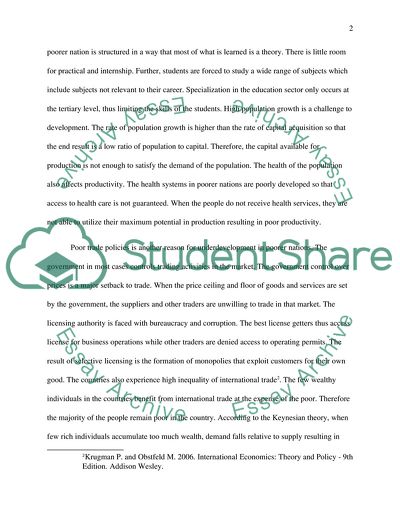Development of Poorer Nations Essay Example | Topics and Well Written Essays - 1000 words. https://studentshare.org/macro-microeconomics/1859690-development-of-poorer-nations
Development of Poorer Nations Essay Example | Topics and Well Written Essays - 1000 Words. https://studentshare.org/macro-microeconomics/1859690-development-of-poorer-nations.


